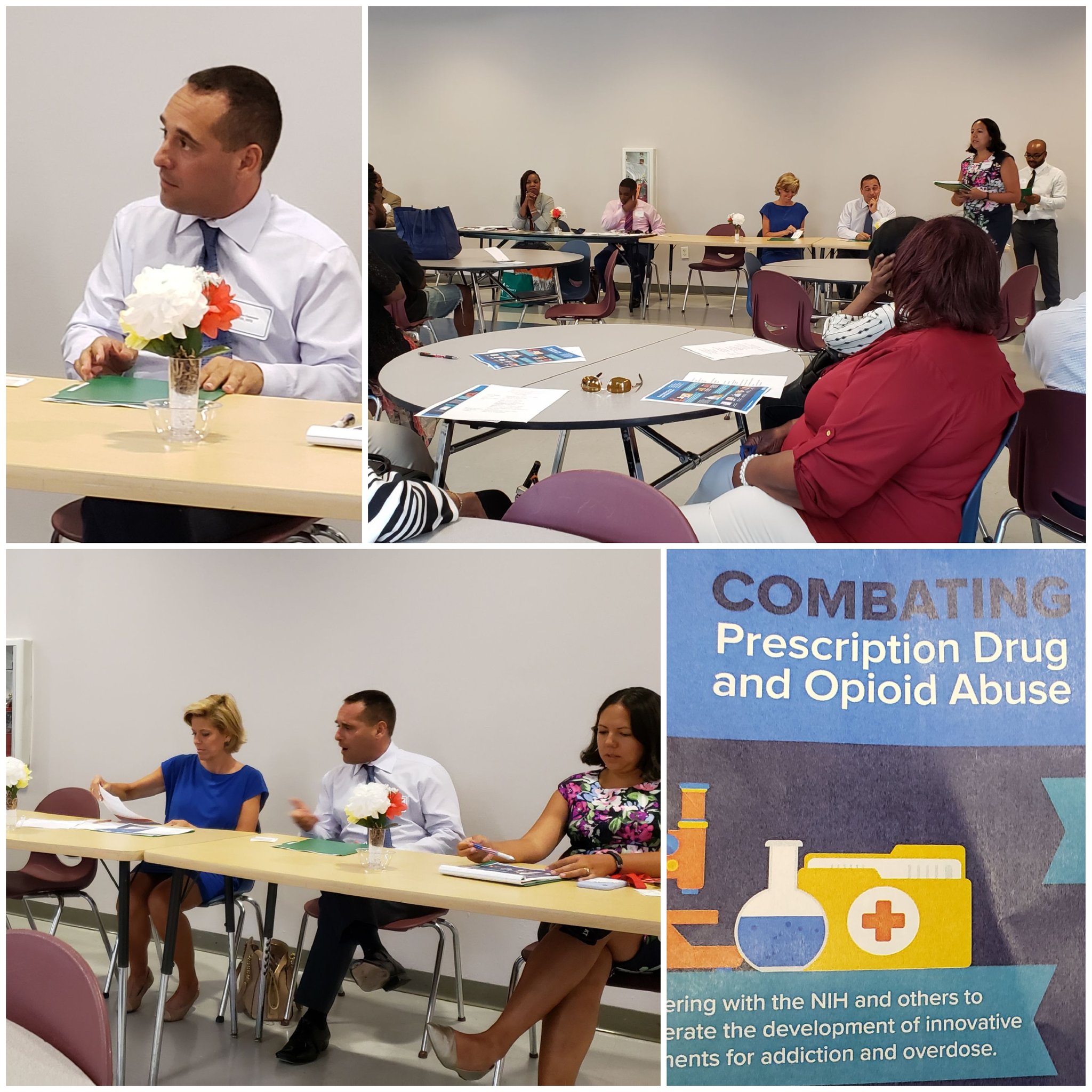Opioid Policies

Much like the rest of the United States, residents of the District of Columbia are struggling with substance use disorder (SUD) rate increases and high rates of opioid-related deaths. Unfortunately, these are multi-faceted issues that require year-long initiatives and systematic programs to address the myriad causes of addiction.
MSDC stands as a partner to the District government and private entities to help arrest the rates of opioid and substance abuse in the District. Through our advocacy for better prescribing practices, education on addiction, and even helping our own community through our Physician Health Program, MSDC is working to make DC a leader in reducing SUD, OUD, and addiction.
On a related note, MSDC is passionate about helping patients make prescriptions and medication more affordable. Whether expanding access to biosimilars or advocating for more affordable co-pays, MSDC wants to help our patients afford the medications they need.
MSDC Statement and Testimony on Opioid and Prescription Issues
25th Council information coming soon
MSDC and Coalition Request Prior Auth Hearing
Today, MSDC and a coalition of 17 other organizations requested that the Committee on Health hold a hearing on B24-655 (Prior Authorization Reform Act) before the Council's summer recess.
The bill would align DC with other states in reforming the prior authorization process and adopt common-sense reforms modeled by the American Medical Association and other national healthcare organizations. The bill lays out a minimum amount of time a prescription approval is valid, sets qualifications for payer personnel to make prior auth determinations, prohibits a prior auth for cost purposes, and more. The bill is one of MSDC's highest priorities and we have created an action site on the issue.
The letter (seen below) is joined by national and local healthcare, patient advocacy, and health reform organizations. The content is simple in asking for a hearing as the organizations involved have numerous stories on the impact of prior authorization on their members and patients. MSDC has some examples on its prior auth site.
How can you get involved in this issue?
Let MSDC know you want to get involved via our form
Contact your Councilmembers and tell them to support the bill
- Find your Councilmember here
- Use our talking points for your call, visit, or email
- Download, copy, and send our draft language to your Councilmembers
- Learn the best strategies for advocating on an issue by reading our articles here, here, here, and here.
- Download this brochure to provide to patients in your office.
Letter:
Sample of Legislation MSDC Tracked on Opioid and Prescription Policy
What does it do? The bill authorizes licensed pahrmacists to dispense interchangeable biological products and requires notifications to physicians when such interchangeables are dispensed.
MSDC position: MSDC has a position of priority support on this legislation, identifying its passage as one of its highest legislative priorities.
Current status: SUCCESS. The bill was passed by the Council and signed by the Mayor.
What does it do? The bill requires prescription opioid medications to include a statement that the drug is an opioid and opioids may cause dependence, addiction, or overdoes.
MSDC position: MSDC supports the legislation.
Current status: The bill had a hearing before the Committee on Health on July 29, 2020. MSDC leader Dr. Sam Kareff testified for the Medical Society. It passed the Council on November 10 and was signed by the Mayor December 7.
What does it do? The bill prohibits insurance companies from factoring the use of PreP in decisions related to disability, life, or long-term care policies.
MSDC position: MSDC supports this legislation
Current status: The bill was introduced on January 8, 2019 and assigned to the Committee on Business and Economic Development.

Leave a comment